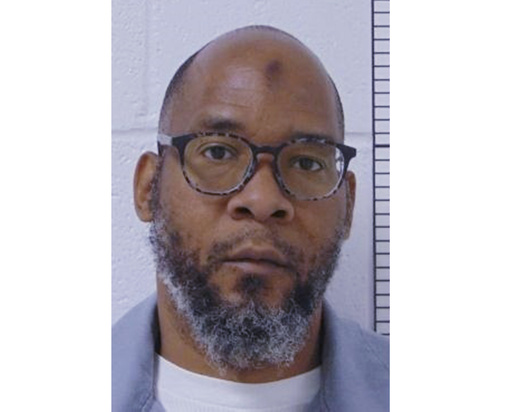
ST. LOUIS — The landscape surrounding the death penalty in Missouri is evolving, primarily due to a dwindling number of inmates on death row. Following the execution of Christopher Collings on December 3, only eight men remain condemned in the state—a stark contrast to the nearly 100 individuals awaiting similar fates three decades ago.
Among the remaining inmates, three have been deemed mentally incompetent to face execution, ensuring they will likely spend the rest of their lives in prison. Legal appeals are still underway for the other five, yet there are currently no new executions on the calendar. Missouri reflects a broader trend seen throughout the United States; since the early 2000s, the national figure of death row inmates has significantly decreased.
“We are in a very, very different place than we were 25 years ago, and that’s for very good reasons,” noted Robin Maher, the executive director of the Death Penalty Information Center. This nonprofit organization remains neutral on the death penalty itself but critiques the various issues inherent in its application. According to the Legal Defense Fund’s Death Row USA report, the number of individuals awaiting execution across the nation has fallen from 3,682 in 2000 to approximately 2,180 this year. In Missouri, the peak occurred in 1997 when 96 individuals were on death row.
After reaching a high of 98 executions in 1999, the annual count has not surpassed 30 since 2014. This year, 23 executions have been conducted, with states like Alabama, Texas, and Missouri leading the numbers. Two more executions are on the schedule for the next few days in Indiana and Oklahoma.
The decline in the use of capital punishment can be attributed in part to growing hesitation among states. Currently, 23 states and the District of Columbia have completely abolished the death penalty, while five others have enacted moratoriums. Even in states that still sanction executions, a growing number of prosecutors are opting for life sentences without parole in murder cases.
During the 1990s, the United States saw more than 300 new death sentences annually; however, in 2023, that number plummeted to just 21. Financial factors play a sizable role in this trend. Trials in death penalty cases are usually accompanied by the hiring of numerous experts and extended trial durations, leading to significant legal costs that burden public funds. Maher explains that lengthy court appeals, which can stretch over two decades, add to the financial waste of taxpayer dollars on a system many believe does not enhance public safety.
Legal decisions have also contributed to the decline in death sentences. Supreme Court rulings have eliminated the execution of mentally disabled individuals and those who were minors at the time of their offenses. Public opinion surrounding capital punishment has shifted as well; a Gallup poll from last year indicated that 50% of Americans perceive the death penalty as being applied unfairly—marking the highest level of such belief since Gallup began polling on this subject in 2000.
Nonetheless, there are signs of renewed support for capital punishment in specific areas. Notably, South Carolina has executed two individuals recently—its first since 2011—while Utah conducted its first execution in 14 years. Idaho’s recent attempt to carry out an execution fell short due to logistical issues, but Indiana is poised for its first execution in 15 years this week.
President Donald Trump, during his administration, resumed federal executions, conducting 13 in total. He has suggested a continuation of this policy, creating potential implications for public sentiment and future capital punishment practices. “If President Trump and other elected officials are paying attention to what public support is telling them, they will be more reluctant to use the death penalty going forward,” Maher said.
In California, some prosecutors remain committed to pursuing death sentences, despite a moratorium from Democratic Governor Gavin Newsom. San Bernardino County District Attorney Jason Anderson’s office has secured four death penalty convictions in six years, emphasizing that some crimes warrant the ultimate punishment.
“When you observe the pain of the victims’ families in court, they’re not focused on the financial aspect of pursuing a death penalty case,” Anderson remarked. He highlighted that his four prosecuted death penalty cases involved the tragic deaths of a total of 12 individuals. “How do you put a price tag on 12 dead people?” he asked.
